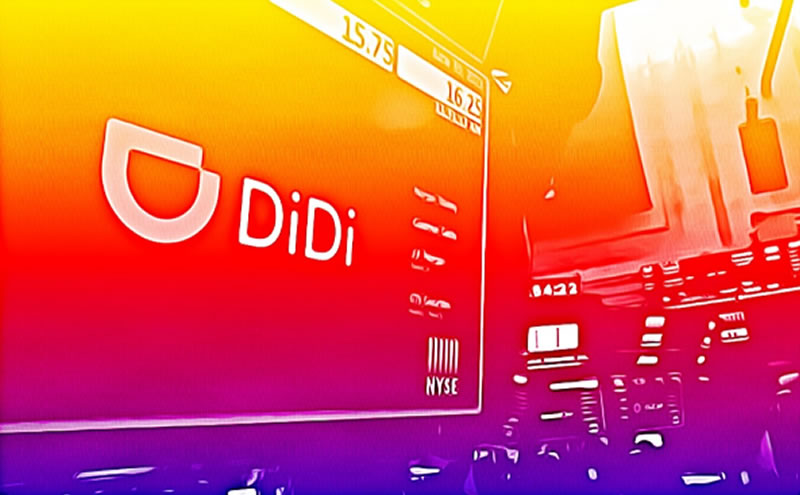Didi Global Inc stock closed roughly 30% up on Monday after the China regulator said it will remove restrictions from the ride-hailing company. Relieving Didi Global from the ongoing investigation will enable the Beijing-headquartered company to return to the domestic app stores.
What might have eased the regulatory ban
The announcement is likely aimed at encouraging economic activity that took a significant hit in recent weeks as resurgence of COVID cases pushed China back into a lockdown. According to UOB-Kay Hian’s Steven Leung:
“Since the middle of May, policies of the central government have pointed to less regulation of the sector. This is a second confirmation that the central government isn’t going to anything more. It helps sentiment.”
Now that the ban has been removed, Didi will once against be allowed to add news users to its mobile app. At one point, Didi shares on Monday were up nearly 70%.
Didi Global now has a market cap of just over $11 billion. When it went public in the U.S. last year, it was valued at $68 billion. On Monday, Didi was the most actively traded stock on the major Wall Street indices, with intraday volume hitting nearly 400 million versus the average of 60 million only.
According to the Wall Street Journal that first broke the news, Didi will be free from regulatory restrictions by next week. Both Didi Global and the Cyberspace Administration of China (CAC) are yet to make official comments on the report this morning. China had launched a probe into several other companies in 2021, of which, Didi was one of the hardest hit.
Didi has been turmoil ever since its U.S. IPO
Days after its U.S. IPO, Beijing cracked down on the ride-hailing company accusing it of illegal practices for collection and usage of consumer data. Didi debuted on the New York Stock Exchange at $14 a share on June 30th, 2021. In comparison, it’s now trading at $2.0 and change.
China had disapproved of Didi listing on the NYSE. Naturally, therefore, many saw the probe as a retaliation against the Uber-rival. Didi officially decided to de-list from the U.S. and IPO in Hong Kong last December. So, that might have led the regulators to go easy on it as well.
Still, Didi Global will have to face a hefty penalty. It’ll also have to offer the State a 1.0% equity stake the right to influence corporate decisions. In April, the Chinese mobility technology company said its revenue tanked 12% on a year-over-year basis in the fiscal fourth quarter.

















Rate this article